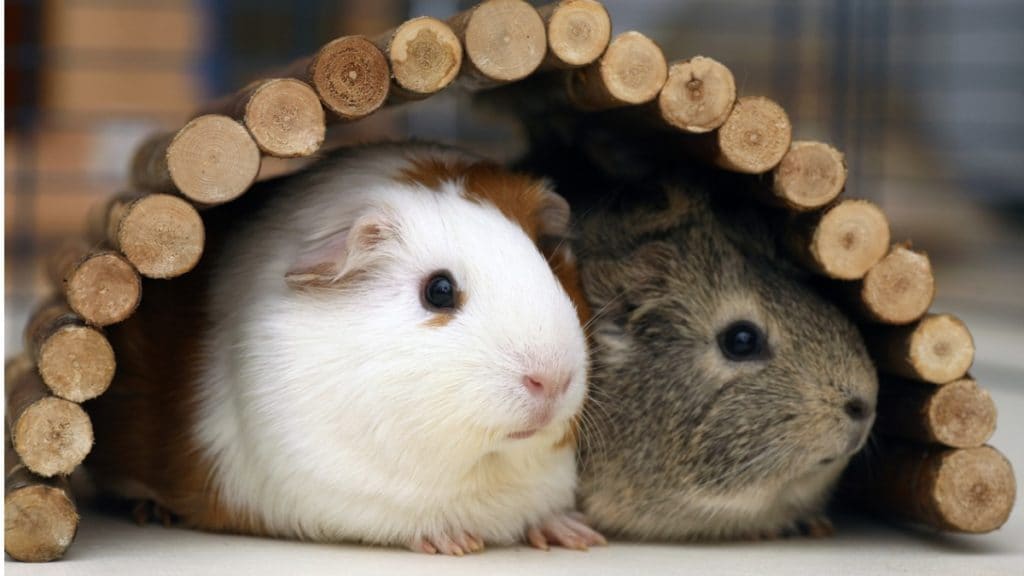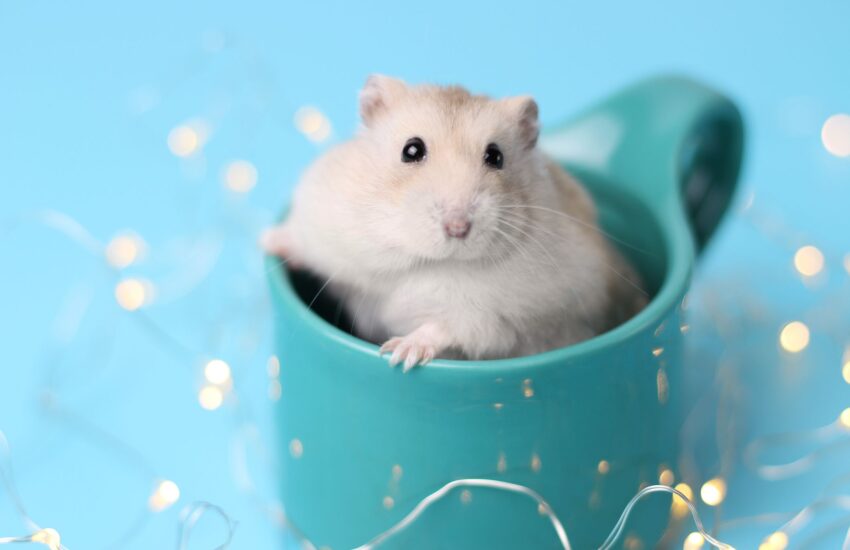Best Hamsters for Home Companionship
When it comes to choosing a furry friend for companionship, hamsters are often at the top of the list. Their small size, relatively low maintenance, and charming personalities make them ideal pets for families and individuals alike. In this article, we will explore the best hamster breeds for home companionship, their care requirements, personality traits, and how they can enrich your life. You will discover why hamsters are a wonderful choice as pets and how to create the best environment for them.
According to recent statistics, around 1.5 million families in the United States have hamsters as pets. This number highlights the growing popularity of hamsters and their suitability for home life. But with several types of hamsters available, it’s essential to know which breeds are best suited for companionship.
In the following sections, we will cover:
- The different hamster breeds and their traits
- Caring for your hamster
- Tips for socializing and bonding with your pet
- Common health issues and how to prevent them
- Fun facts about hamsters

Types of Hamsters
Different hamster breeds exhibit a range of characteristics that can influence how they interact with humans. Below are some of the most popular hamster breeds suitable for companionship:
Syrians (Golden Hamsters)
Syrian hamsters, commonly known as golden hamsters, are perhaps the most popular breed. They are solitary animals and should be housed individually. Here are some of their key traits:
- Size: Syrian hamsters are larger, growing up to 6-7 inches long.
- Temperament: They are generally friendly and can be easily tamed.
- Life Span: They live approximately 2-3 years.
Dwarf Hamsters
Dwarf hamsters include several species, such as the Roborovski, Campbell’s, and Winter White. They are smaller and can be social, depending on the species:
- Size: They typically grow about 2-4 inches long.
- Temperament: While some dwarf hamsters can be friendly, others may be more timid.
- Life Span: They live around 1.5-3 years.
Chinese Hamster
Chinese hamsters are less common but still make great pets. They are known for their long tails and slender bodies:
- Size: They average 3-4 inches in length.
- Temperament: They can be quite friendly but may require socialization.
- Life Span: They have a life span of 2-3 years.
Caring for Your Hamster
Proper care is essential for ensuring your hamster lives a happy and healthy life. Here are some critical aspects of hamster care:
Housing
The space in which you keep your hamster plays a pivotal role in its well-being:
- Choose a spacious cage with adequate ventilation.
- Include tunnels, toys, and climbing structures to keep them active.
- Provide bedding that absorbs moisture and is safe for hamsters to burrow.
Diet
A balanced diet is crucial for your hamster’s health:
- Commercial hamster food can provide the necessary nutrients.
- Fresh vegetables and occasional fruits can be included in their diet.
- Ensure they have constant access to fresh water.
Exercise
Regular exercise is vital for preventing obesity:
- Hamsters should be given a hamster wheel to run.
- Let them explore outside their cage in a safe environment (supervised).
- Interactive toys stimulate mental engagement.
Socializing and Bonding with Your Hamster
Building a strong bond with your hamster requires time and patience:
Handling Your Hamster
Start gently handling your hamster to familiarize them with human interaction:
- Allow your hamster to sniff your hand before touching it.
- Gradually pick them up, supporting their body.
- Limit handling sessions initially to reduce stress.
Enrichment Activities
Create an engaging environment for your hamster to explore:
- Provide climbing structures and tubes.
- Rotate toys to keep their environment interesting.
- Use treat-dispensing toys to stimulate problem-solving.
Common Health Issues and Prevention
Just like any pet, hamsters are susceptible to certain health issues. Here are some common concerns:
Dental Problems
Hamsters’ teeth continuously grow, which can lead to dental problems:
- Provide chew toys to help wear down their teeth.
- Regularly check their mouths for any issues.
Obesity
Obesity is a common problem in pet hamsters:
- Monitor their diet and provide sufficient exercise.
- Limit high-fat treats.
Respiratory Issues
Respiratory problems can occur due to poor conditions:
- Keep their environment clean and free of damp bedding.
- Avoid keeping them in drafty areas.
Fun Facts About Hamsters
To wrap up, here are some fun facts that showcase the unique nature of hamsters:
- Hamsters can store food in their cheek pouches, sometimes carrying up to 20% of their body weight!
- They are nocturnal and often active at night, which adds to their charm.
- There are over 18 different species of hamsters though only a few are kept as pets.
Conclusion
Hamsters make delightful companions for people of all ages. Their playful nature, combined with minimal space requirements, makes them perfect for families and individuals alike. Whether you choose a Syrian hamster with a friendly disposition or a dwarf hamster with a playful spirit, each breed offers unique traits that contribute to a joyful home experience. As you embark on this journey with your new furry friend, ensure you provide them with the best care, socialization, and environment to thrive.
In summary, understanding their needs, fostering a bond, and ensuring their health are crucial components of hamster care. If you’re looking for love, laughter, and a furry friend to share your home with, a hamster may very well be the perfect choice for companionship. For more information on caring for hamsters, consider checking out these helpful articles: Hamster Care Basics and Dealing With Common Hamster Issues.
